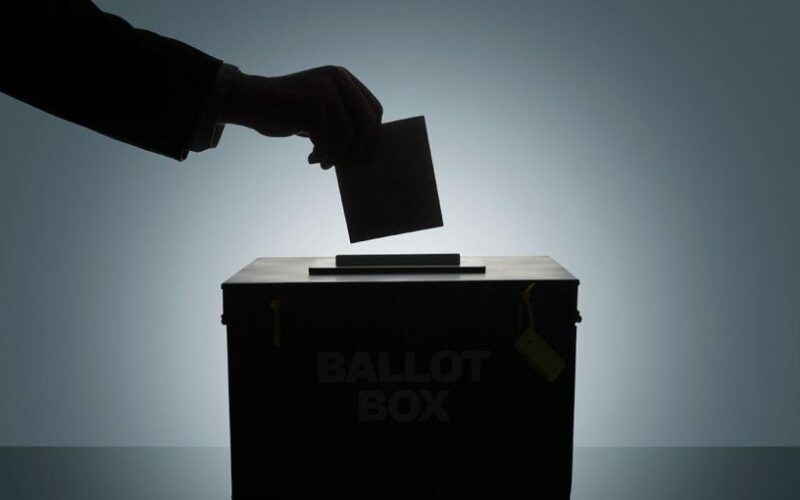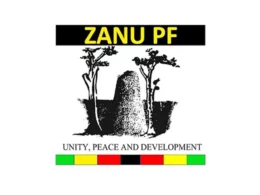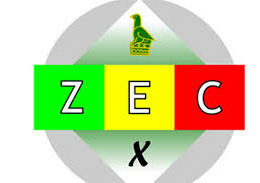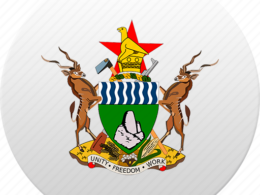As Zimbabwe heads for the 2023 elections, certain conduct is expected of political parties, candidates and other stakeholders. This is contained in the fourth schedule of the Electoral Act which speaks on the electoral code of conduct of political parties and other stakeholders such as members, supporters, candidates as well as all individuals, organisations and associations that are formally or informally associated with political parties or that formally or informally conduct political activities, in particular traditional leaders, security and law enforcement officials, public servants and civil society organizations, are expected to abide by this Code during the electoral process.
Purpose of Code
The purpose of this Code is to promote conditions that are conducive to free and fair elections and a climate of tolerance in which electioneering activity may take place without fear or coercion, intimidation or reprisals.
According to the code of conduct, the electoral process includes but is not limited to voter registration, inspection, voter education, nomination, delimitation, voting, counting, tabulation, transmission and announcement of results.
“In reference to Sections 158 and 159 of the Constitution of Zimbabwe, the Code starts applying 12 months before the earliest possible polling date of a general election and for the 90 days before a by-election caused by a vacancy or a general election required by the dissolution of Parliament,” state the code.
Section 6 of the Code speaks about the prohibited conduct. It states that no political party or any of its members or supporters, and no candidate or any of his or her supporters, may
(a) publish false or defamatory allegations about a party, its candidate(s), representatives or members;
(b) discriminate on the grounds of race, ethnicity, sex, gender, class or religion in connection with an election or political party;
(c) use hateful language which incites violence towards any individual or group, including in speeches, songs and slogans.
(d) damage or deface property, including the election posters, placards, banners and other election material of another party or candidate, and any posters or other voter education materials disseminated by the Electoral Commission;
(e) bar or inhibit access to meetings or to voters for the purpose of election campaigning;
(f) carry or display weapons at political meetings or at marches, demonstrations, rallies or other public political events;
(g) bribe a voter to exercise his or vote in a particular manner;
(h) bribe or intimidate an election official to induce him or her to make a false entry in the voters roll or to alter or falsify election results;
(i) encourage a person to vote knowing that they are not entitled to do so;
(j) use the information on the voters roll supplied by the Commission for commercial purposes or to harass or intimidate voters (and they may not publish personal information about voters contained in the electoral roll);
(k) coerce or offer monetary or other kinds of inducements to persons for them to participate in the activities of a political party not of their choice, or—
(i) to become or not become a member of certain political party, stand or not to stand as candidates, or to withdraw or not to withdraw their candidacies or membership of a political party;
(ii) violate the secrecy of the vote;
(l) procure the support or assistance of any official or public servant to act in a partisan manner or further the interest of any political party or cause;
(m) do any other thing that is defined in the Constitution, the Electoral Act or other laws of Zimbabwe as a corrupt and illegal practice or an offence;
(n) abuse the right to complain to the courts by making false, frivolous or vexatious complaints.
Conduct during polling period
The code of conduct on section 7 (1) also seeks to guide the conduct of political parties or candidates on polling day and this starts from midnight 24 hours before polling day in any election or referendum until polling stations are closed on that day.
Political parties or candidates are not allowed to:
(a) convene or hold a public gathering of any kind;
(b) publish, or cause or permit the publication, of any advertisement or statement promoting or opposing a particular party or candidate;
(c) disrupt the work of election officials at a polling station or counting centre;
(d) campaign or display campaign material within 300 metres of a polling station or counting centre;
(e) coerce a voter, who does not require assistance, to be assisted to vote.
In addition, section 7 (2) states that on polling day in any election or referendum, all political parties and their members and supporters, and all candidates and their supporters, must:
“(a) co-operate with election officials to ensure that polling is peaceful and orderly and that voters are completely free to exercise their vote without being subjected to intimidation, annoyance or disturbance; and (b) generally, conduct themselves so as to respect the secrecy and integrity of the ballot,” reads the code.








